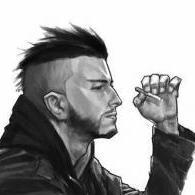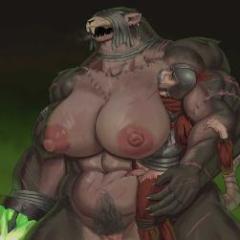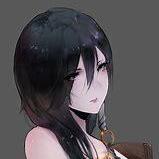other creative writing David Smith Junior, or, A Cold Night
-
Recently Browsing 0 members
- There are no registered users currently online
-
Similar Content
-
- 0 replies
- 1,128 views
-
- 14 replies
- 2,129 views
-
- 0 replies
- 1,272 views
-
- 52 replies
- 10,338 views
-
other creative writing Black Rose's Short Stories
By Black Rose ,
- creative writing
- black rose
- (and 2 more)
- 0 replies
- 857 views
-






Recommended Posts
Archived
This topic is now archived and is closed to further replies.